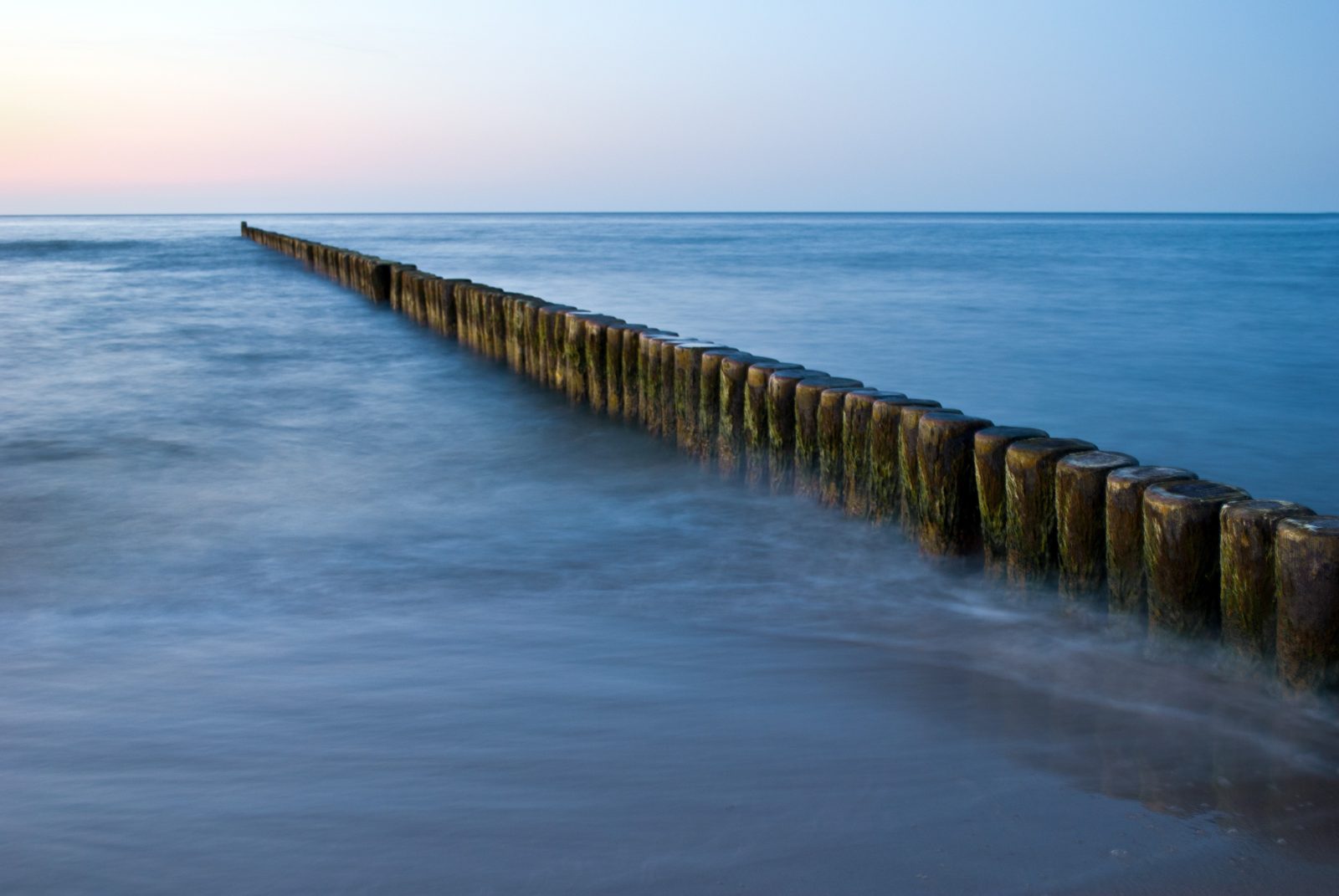To improve transportation infrastructure and create more competitive routes, Czech Minister of Transport Martin Kupka has announced plans to begin construction on a portion of the D11 highway connecting Czech borders with Poland to the Baltic Sea. Speaking with President Petr Pavel, Kupka emphasized the importance of strategic investments in transportation infrastructure to ensure the Czech Republic’s regional competitiveness.
According to Kupka, the D11 highway will significantly impact the country’s competitive position. “Key strategic investments will play a crucial role in the Czech Republic’s ability to compete with Poland and other neighboring countries. Therefore, transportation infrastructure investments must carry weight,” he emphasized.
The D11 highway will bring all Czechs closer to the Baltic Sea, connecting with the Polish S3 highway and creating more competitive routes for the country. Kupka also added that construction on the border segment with Poland would begin this year.
At the meeting, Kupka and Pavel also discussed critical connections, such as the D52 highway between Brno and Vienna and the D11 highway from Jaroměř to Trutnov. By focusing on these areas, Kupka believes that it will contribute to the Czech Republic’s competitiveness.
Kupka also spoke about the need for the government to invest in transportation infrastructure, even in difficult economic times, to ensure the country’s future financial stability. “If we don’t invest now, we risk losing the opportunity to pay off historical debts more easily,” he warned.
The government will negotiate PPP projects on transportation infrastructure construction, which is a collaboration between the private and public sectors. According to Kupka, providing a more excellent range of financial tools will be necessary. “If we start preparing PPP projects, the construction itself will begin in the next or even the next government period,” he said. According to him, key construction projects are on the table, and the Czech Republic must find ways to finance them.
Kupka recently told journalists that the state will need a total of CZK 5.1 trillion for investment in transportation infrastructure, repairs, and maintenance from 2024 to 2050. CZK 2.8 trillion will be required for the next ten years at 2022 prices. On average, the State Fund for Transportation Infrastructure must provide CZK 182 billion annually.
During the meeting, Kupka and Pavel also discussed the construction of high-speed railway lines, which according to the minister, will lead to the development of ecological transportation and the freeing up of the capacity of existing railway corridors. “Without building a new railway path, it will not be possible to move more cargo by rail, as existing corridors do not have enough space,” Kupka warned.
The Czech Republic’s investment in transportation infrastructure is critical to ensuring the country’s competitive position in the region. By working towards creating more competitive routes and investing in transportation infrastructure, the Czech Republic can ensure its future economic stability while bringing its people closer to the Baltic Sea.





